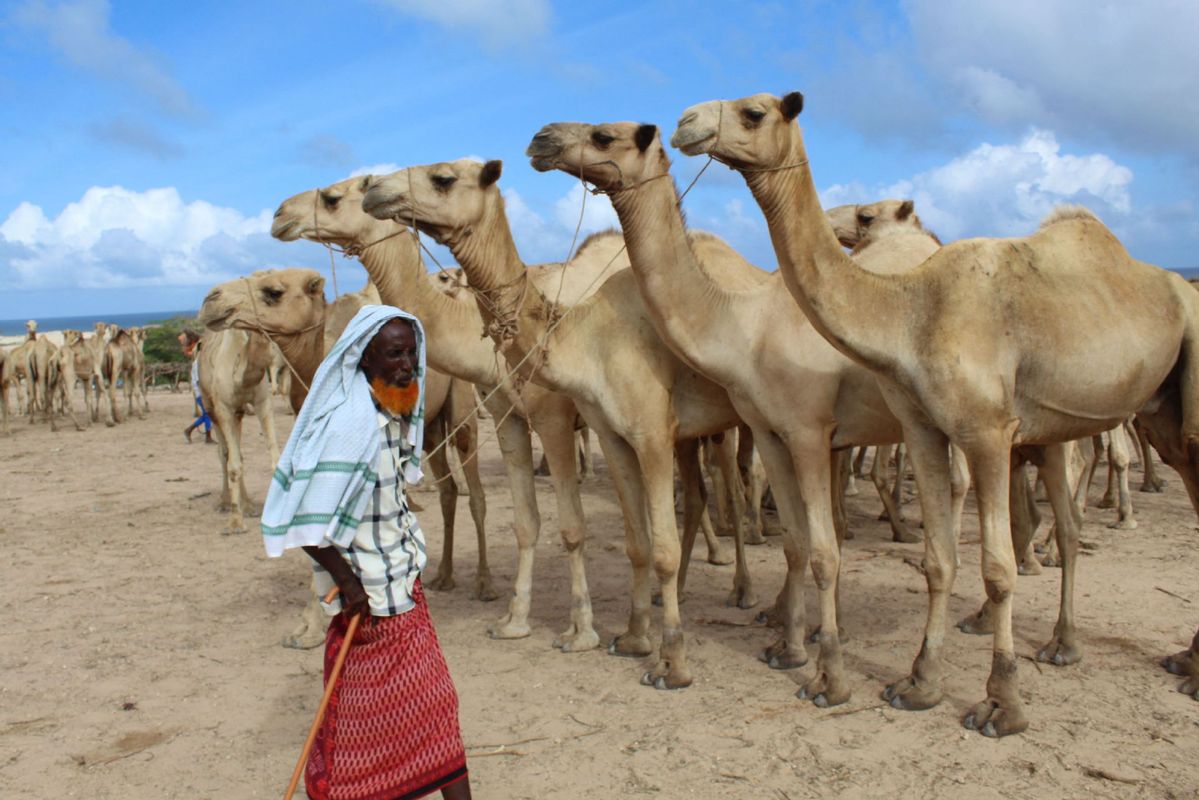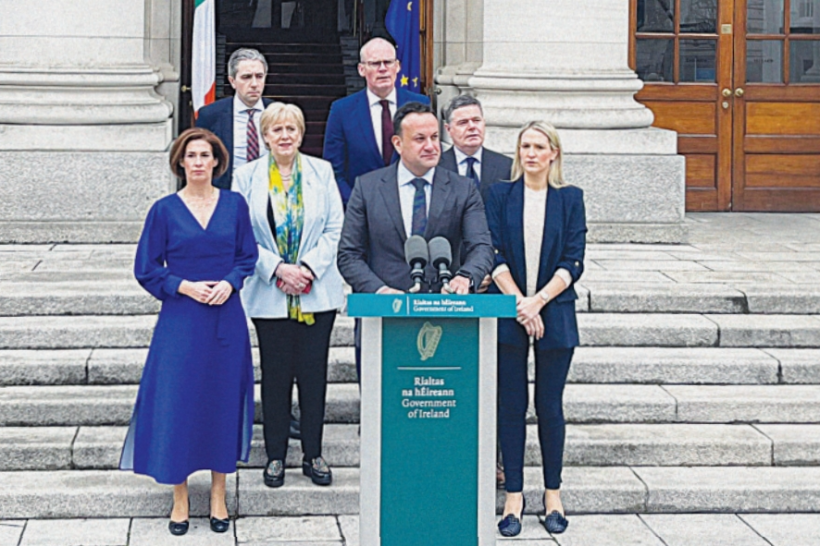Private sector holds key to climate finance
By OTIATO OPALI in Nairobi, Kenya | China Daily Global | Updated: 2024-03-22 09:46

The private sector, government and international organizations have reiterated that Africa needs to attract more private sector finance in order to bridge its climate finance gap.
They made the remarks during a two-day meeting in the Kenyan capital of Nairobi that concluded on Wednesday to discuss ways to increase climate finance in Africa.
During the Climate Change Global Business Summit, speakers called on multilateral development finance institutions to strengthen their role in de-risking green projects. This will make it more attractive for domestic and international private sector players to enter Africa's green space.
While addressing the media at the event, Adele Fusi, think tank European House-Ambrosetti's chief of climate change affairs, said that the African continent faces a funding shortfall to address climate change despite being the least carbon emitter globally. She urged increased financing for the Global South while calling for the private sector to play a more significant role.
Significant role
"In the past five years the total amount of money that the main multilateral development banks have been allocating to the African region is about $25 billion. This is way below the required funds because the continent faces a significant funding gap, with current climate finance flows to Africa covering only 11 percent of what is needed annually to implement climate action plans," Fusi said.
However, she noted that unstable governments are some of the critical aspects that need to be addressed within the continent, as private investors find it hard to roll out funding in environments with weak governance structures.
African markets are perceived by international private sector investors as risky, leading to increased capital costs. Such perception results in African countries receiving unfavorable and predominantly subjective credit ratings on the global stage, Fusi said.
Khadija AI-Makhzoumi, Somalia's minister of environment and climate change, said Africa is experiencing the most severe economic impacts of climate change in comparison to other regions. This is despite being the lowest emitter of pollutants in the world. She urged African nations to tackle challenges like high interest rates for green projects such as geothermal, solar and wind energy projects in order to attract private sector financing.
In his presentation at the summit, Hennie Heymans, the chief executive officer at logistics company DHL in South Africa, pointed out that the implementation of Africa's nationally determined contributions in mitigating climate change from 2020 to 2030 is estimated to require about $2.8 trillion.
The summit comes after the African Union and the government of Kenya co-hosted the inaugural Africa Climate Summit in Nairobi in September, culminating in the Nairobi Declaration that calls for a significant overhaul of the global financial system to facilitate climate action financing.
otiato@chinadaily.com.cn






















